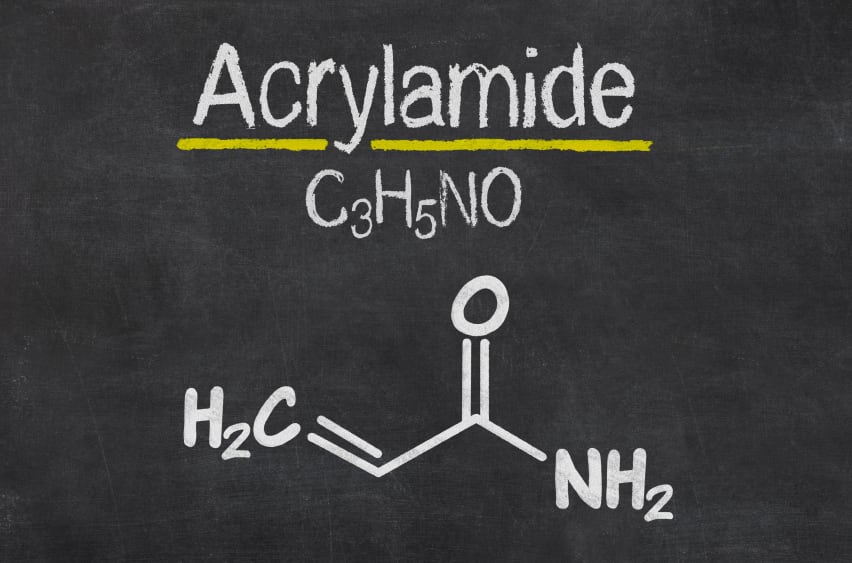According to a survey from ingredients supplier Royal DSM only 22% of consumers have heard of acrylamide. The company spoke to 2,000 adults in France, Germany, the UK and the USA. It found that awareness was significantly higher in Germany, where more than half of respondents said that had heard of the substance that can form when products like potatoes or baked goods are processed at high temperatures - for example when baking, frying, grilling, toasting and roasting.
However, of those consumers that had head of acrylamide, 70% said that they were concerned about the health implications of consumption.
Most of these informed consumers, 64%, claimed to have taken action to reduce their acrylamide consumption, for instance, through adjustments to cooking methods.
Around half of those surveyed believe the responsibility for acrylamide levels in the products they buy sits with food manufacturers, compared to just 28% who believe regulators should take responsibility, DSM noted.
Regulators taking action
Consumer attitudes are lagging behind European regulators.
Acrylamide is a suspected carcinogen that has been linked to the development of cancer in humans. Children are believed to be particularly susceptible to ill-affects because of their reduced body weight.
In 2010, the Joint Food and Agriculture Organisation and World Health Organisation Expert Committee on Food Additives (JECFA) concluded that “acrylamide is a human health concern”.
Meanwhile, the European Food Safety Authority (EFSA) produced a 2014 report confirming evaluations that acrylamide in food potentially increases the risk of developing cancer for consumers across all age groups.
Earlier this year, the EU introduced benchmark levels for acrylamide in food products. These were based on the ALARA principle (as low as reasonably achievable) and the possibility to increase these limits further in future was kept on the table.
Consumer awareness 'likely to rise'
Given the “flurry” of regulatory activity – and increased interest from mainstream media – DSM suggested that consumers could well become increasingly concerned about acrylamide in the foods they eat.
“While acrylamide is still relatively ‘under the radar’ for many consumers, the topic is quickly gaining attention through major media outlets in the US and Europe,” says Fokke van den Berg, Business Director for Baking at DSM. “Our research shows that once consumers are informed about acrylamide, they want manufacturers - more than regulators - to take action to reduce acrylamide levels.”

